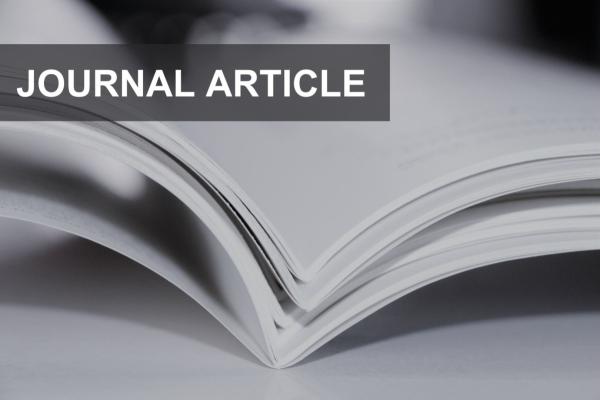
Völkel, Dr. Jan Claudius / Chahd Bahri (2021): „A Struggle for Institutionalization: The Tunisian ‘Assemblée des Représentants du Peuple’ and the dominance of consensus-oriented politics“, in: MIddle East Law and Governance, 13 (3), 272–293.
peer reviewed
peer reviewed
Kurze Beschreibung / Abstract:
This article is part of the Special Issue “Parliaments in the Middle East and North Africa: A Struggle for Relevance.” Tunisia’s parliament has undergone a remarkable internal transformation process since 2011, from a formerly mostly irrelevant institution to an influential locus of policy-making. This successful progress notwithstanding, the parliament’s transformation to a democratic assembly has not been fully concluded yet. A main challenge is that the legislature still shows a number of characteristics of an “authoritarian parliament”: besides a lack of staff and financial resources, the continuous dominance of personal kinship over institutionalized power structures remains particularly problematic.
While private networks of individual decision-makers were perceived as crucial for Tunisia’s stability during the turbulent post-revolution years, they concomitantly contain the risk for a resurrection of former authoritarian structures. The article thus traces the Tunisian parliament’s major transformation steps from a former irrelevant legislature to a consolidated, influential assembly, and points out the still existing challenges.
Erscheinungsdatum:
Forschungsbereich:
Sonstiges
Sprache: English
Zur Publikation
